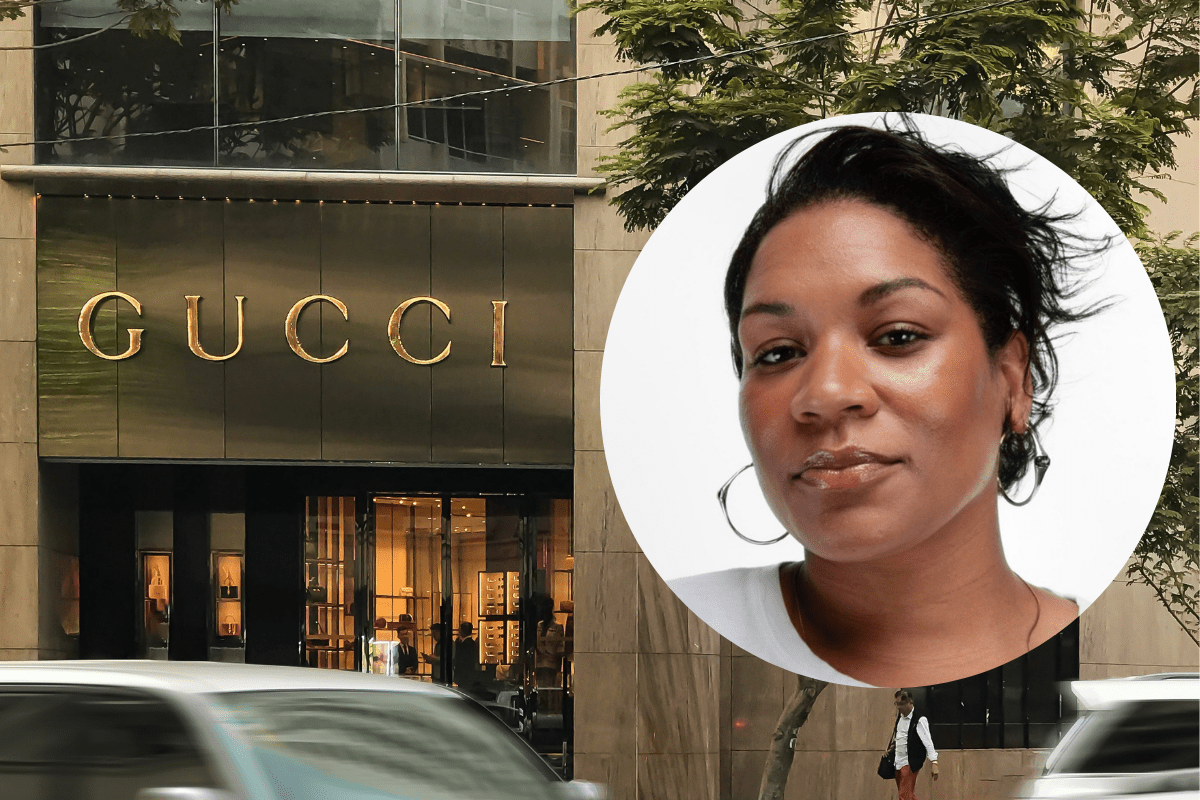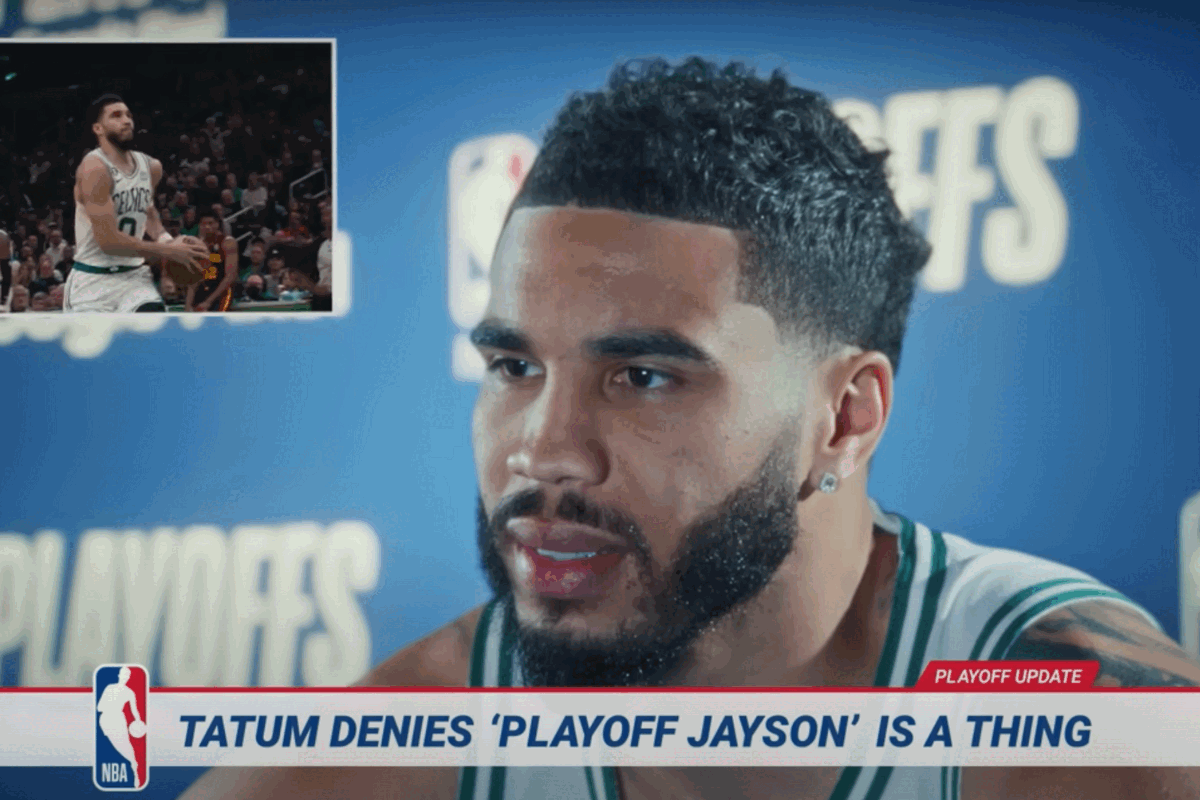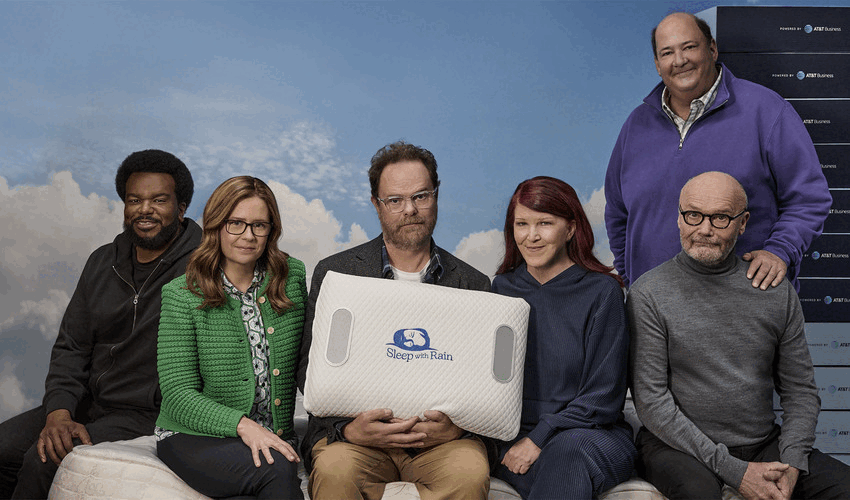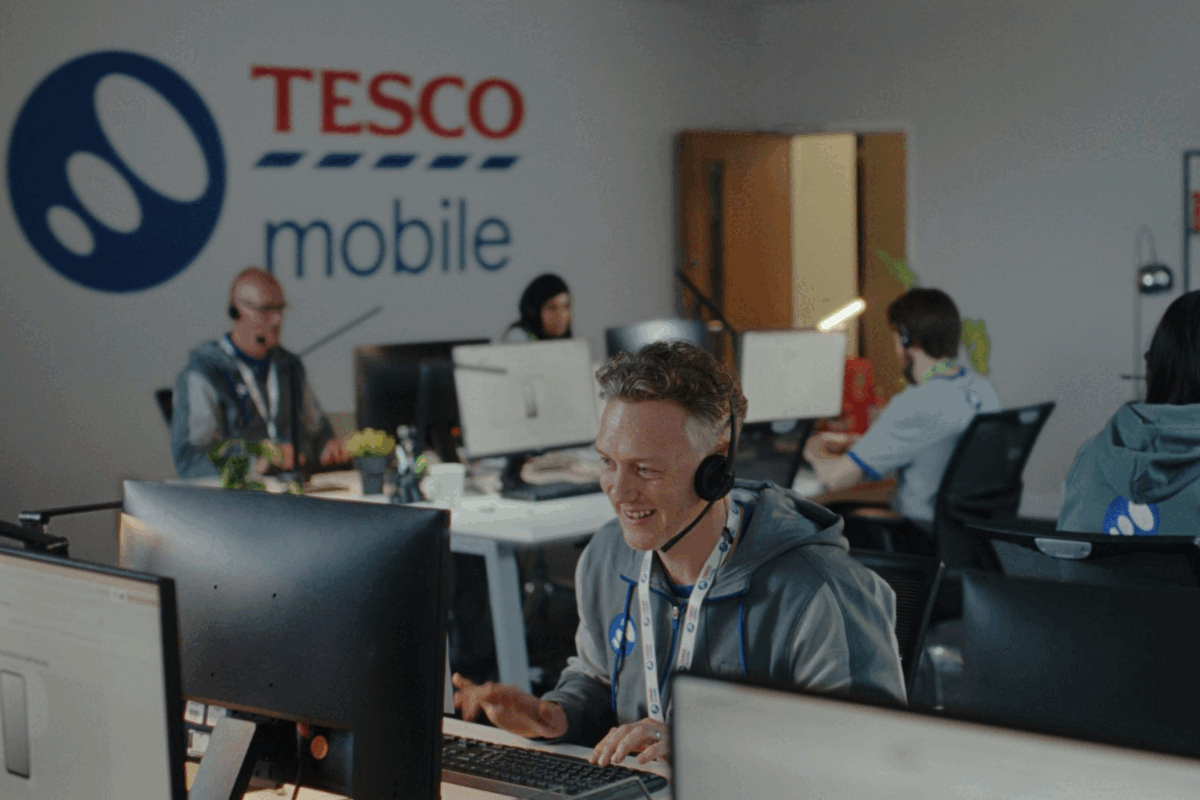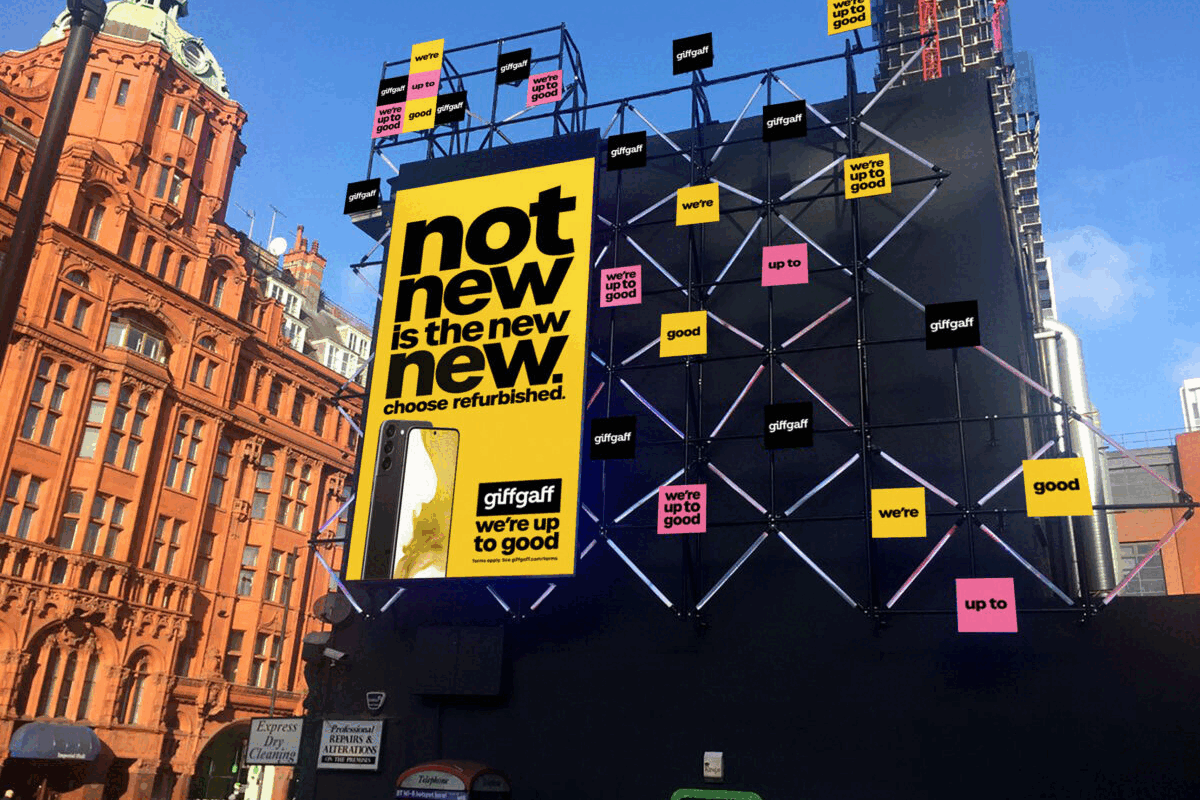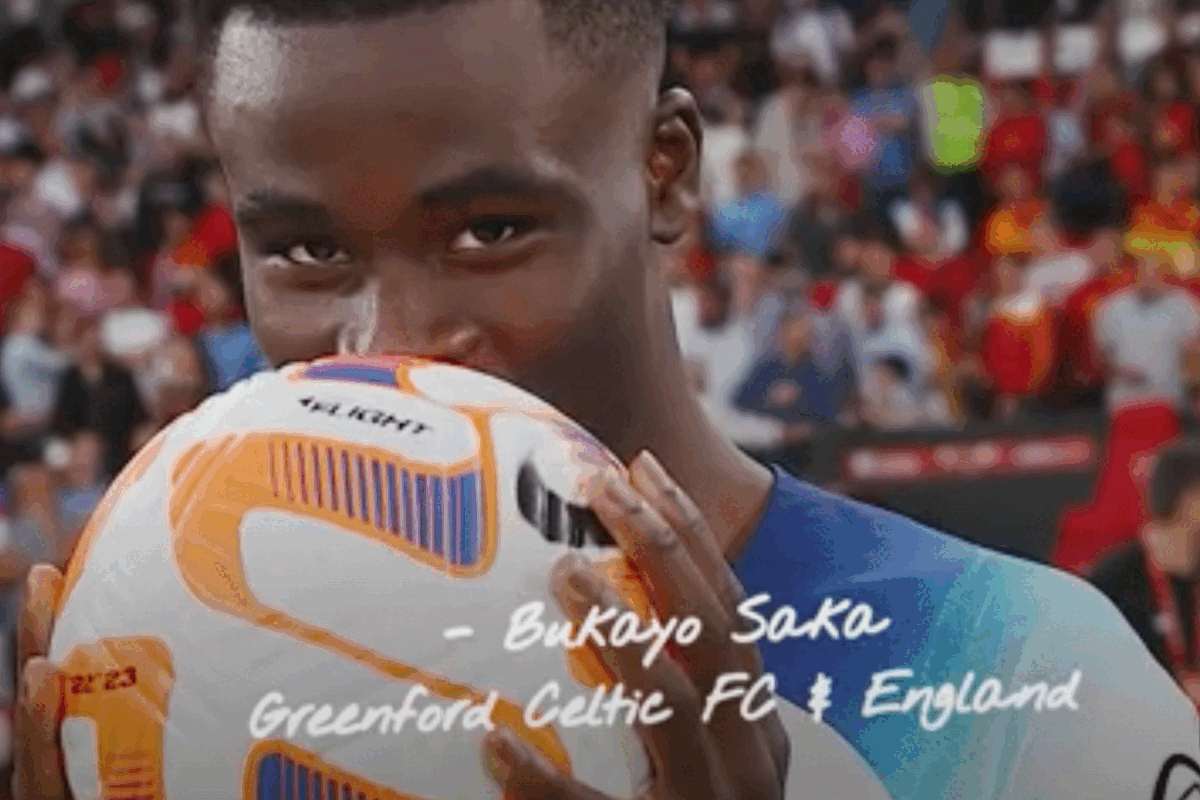AT&T, Verizon and GSK the latest to pull ads from Google, as brand safety panic spreads to US
- Thursday, March 23rd, 2017
- Share this article:

The list of advertisers pulling advertising from Google and YouTube has grown yet again, with the first big names from the other side of the Atlantic – US telcos AT&T and Verizon, and pharmaceutical company GlaxoSmithKline (GSK).
They join a long and illustrious list of boycotters. Just this week, Marks & Spencer, McDonald’s, Lloyds Bank, HSBC, The Guardian, Audi and L’Oreal have withdrawn their ads from Google.
In a statement, AT&T said it was “deeply concerned that our ads may have appeared alongside YouTube content promoting terrorism and hate”, and that it would removing all ads from Googles platforms globally – with the vital exception of search.
In its own statement, Verizon said: “We take careful measure to ensure our brand is not impacted negatively. Once we were notified that our ads were appearing on non-sanctioned websites, we took immediate action to suspend this type of ad placement and launched an investigation. We are working with all of our digital advertising partners to understand the weak links so we can prevent this from happening in the future.”
“The placement of our brands next to extremist content is completely unacceptable to us and we have raised our concerns directly with Google,” said GSK. Its statement did include a rare bright spot, however, as it added that it was “encouraged by Google’s steps over the past few days”.
The steps in question are presumably the launch of expanded safeguarding measures by Google. It has promised “a tougher stance on hateful, offensive and derogatory content” – not just on monetised content but what is permitted on YouTube in the first place – and that it will ensure ads only appear on the YouTube channels of legitimate partnered creators. It will also tweak its default brand safety settings to be more sensitive, and introduce account-level controls to AdWords and Google Display Network for excluding specific sites and channels. In the longer term, Google says it will offer increased transparency and visibility on where ads are running, including video-level reporting.
“We know that this is unacceptable to the advertisers and agencies who put their trust in us,” said Google chief business officer Philipp Schindler. “That’s why weve been conducting an extensive review of our advertising policies and tools, and why we made a public commitment last week to put in place changes that would give brands more control over where their ads appear.”
Matthew Brittin, Googles president of EMEA business & operations, apologised for the brand safety issues on Monday, telling journalists at Londons Ad Week event: “Sorry, this should not happen, and we need to do better”.
It remains to be seen, however, what impact these apologies and promised measures will have on the giants dominant hold over digital advertising, as the list of companies pulling ad spend continues to grow.




